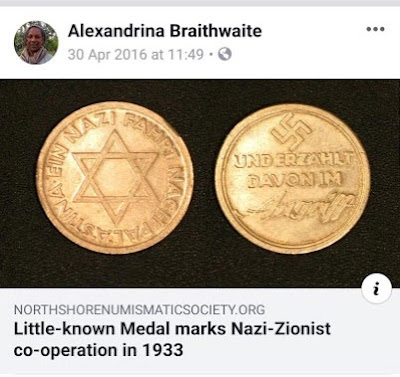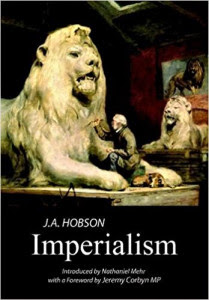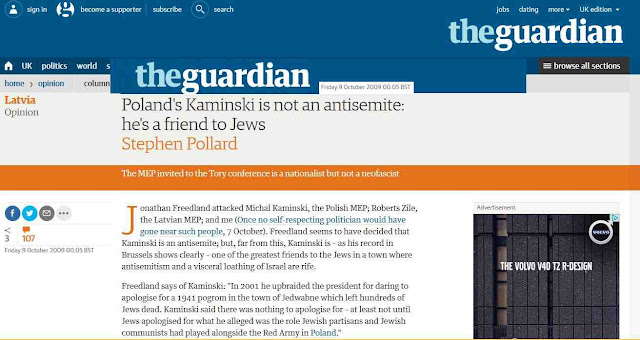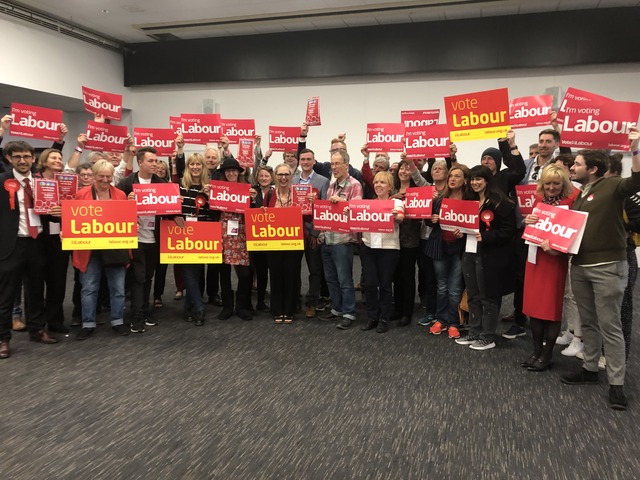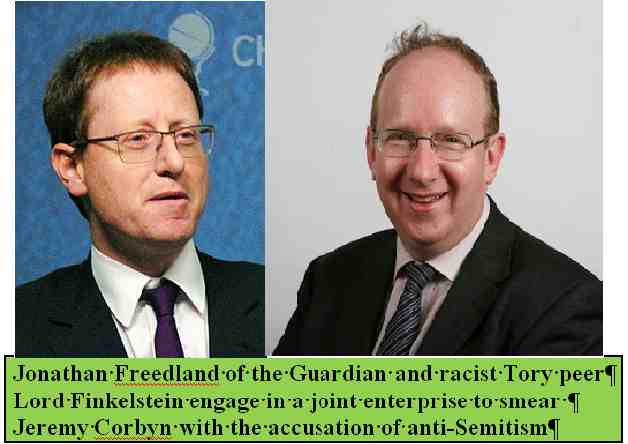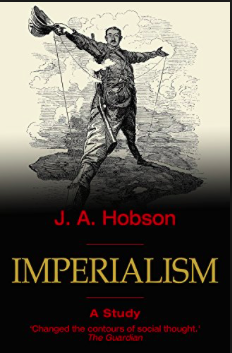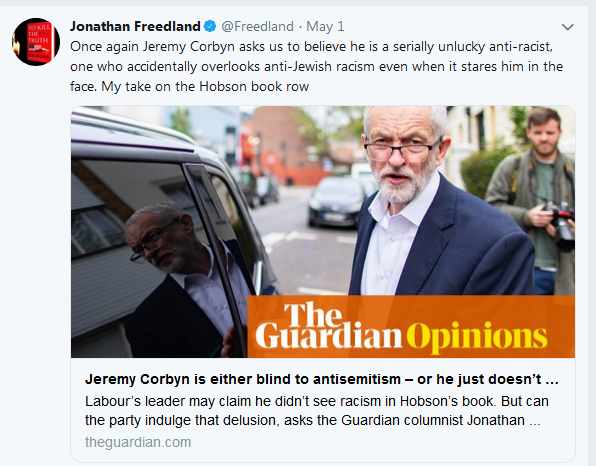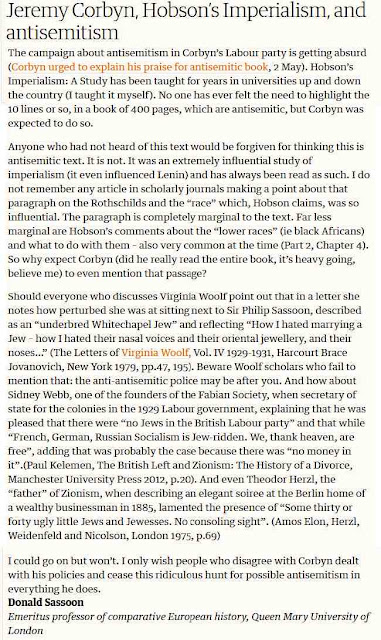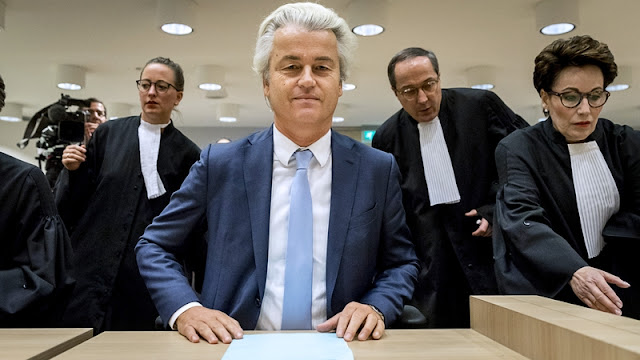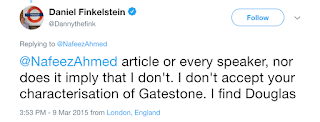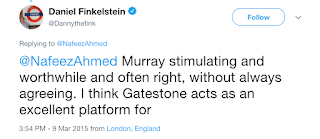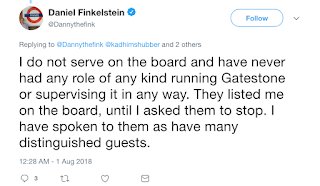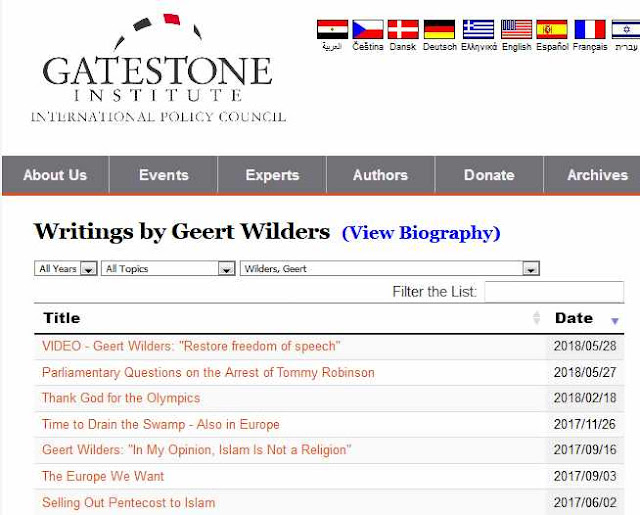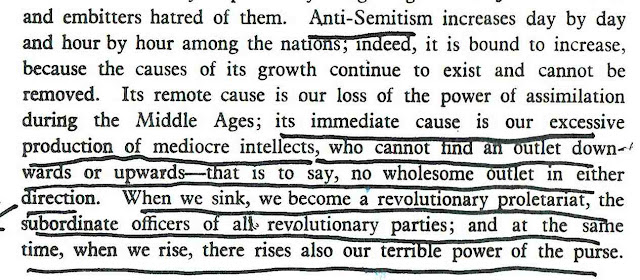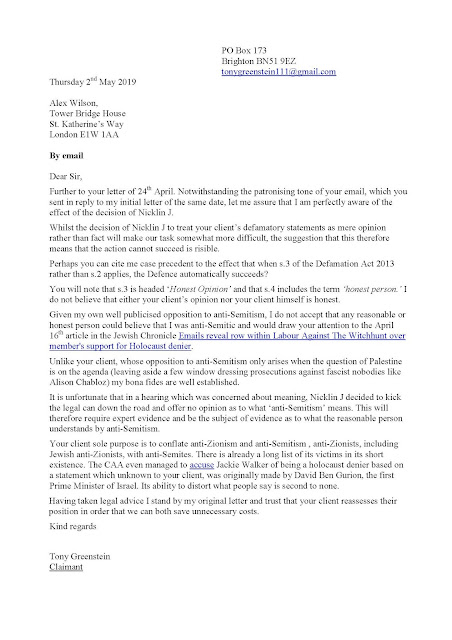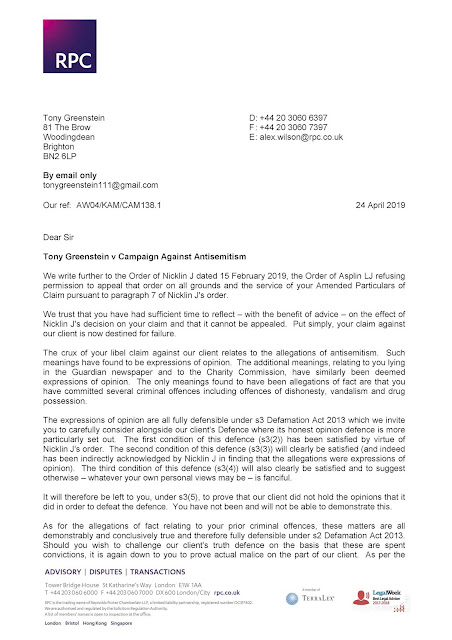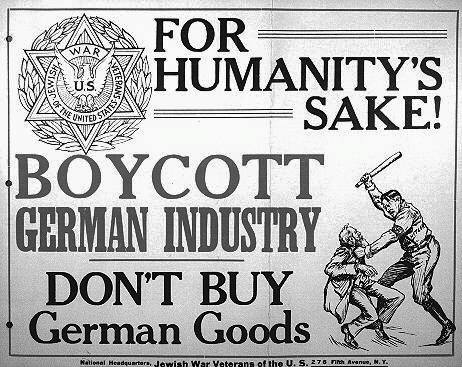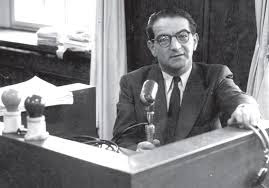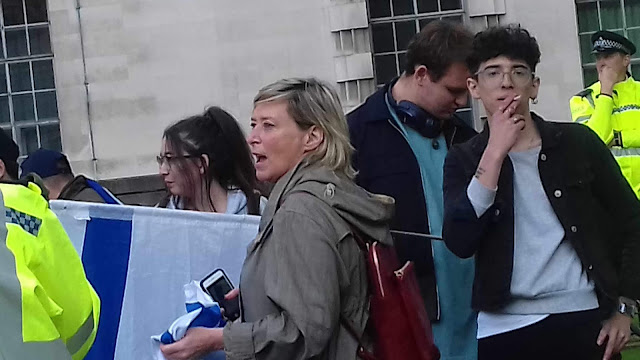Slaying the Myth that Socialists ever supported Zionism
It is not often that a book appears which can be classed as indispensable to an understanding of Zionism, the racist and colonialist ideology of the movement that established the Israeli state. This book describes the relationship of Zionism to the Left and the Labour Movement in Britain.
There are many books which have been written about the history of Zionism , most of them tedious and repetitive, whose conclusions were formed before even a word was written. Books under this heading include Tel Aviv Professor of Political Science David Vital’s The Origins of Zionism and Zionism: The formative Years. There are some books on Zionism by Zionists which are well worth reading for example Walter Lacquer’s History of Zionism and Noah Lucas’s The Modern History of Israel.
Anyone wanting a comprehensive Marxist analysis of Zionism could not do better than Nathan Weinstock’s Zionism: A False Messiah. This is despite Weinstock himself undergoing a personal and political crisis which ended up in him becoming a Zionist![1]
 |
| Dorset Street in the Jewish East End at the beginning of the 20th century |
For an understanding of the origins of the Zionist labour movement Ze’ev Sternhell’s The Founding Myths of Zionism is groundbreaking.Sternhell, a childhood survivor of the Nazis in Poland tells the story of the endemic political and financial corruption of the Histadrut and its lack of democracy, holding conventions every six or seven years. As Golda Meir noted, Histadrut was not so much a trade union as a ‘great colonising agency.’[2]The ‘socialism’ of the Israeli Labour Party, Mapai, which was expressed in the collective Jewish only settlements, Kibbutz, was harnessed to its colonising goal of establishing a Jewish only society.
If you want a history of Zionism and Israel from both a cultural and political perspective, employing the tools of comparative history, then Gabriel Piterberg’s The Returns of Zionism cannot be bettered.
Joseph Gorny’s The British Labour Movement and Zionism 1917-1948 is a history of the relationship of the British labour movement to Zionism but from a Zionist perspective. Gorni never once questioned the fundamentals of Zionism.Gorny isalso a Tel Aviv University Professor of Modern Jewish History. In Israel there are two forms of history at university. General history and Jewish history! Jewish history is about researching and developing the myths that sustain the Israeli state. It is about the Zionist narrative of Israel and is thus engaged in rewriting history from a Zionist perspective. Gorny’s is essentially a functional and descriptive history.
 |
| Sir Oswald Moseley looking none too happy at the Battle of Cable Street |
Kelemen’s book is written from an avowedly anti-Zionist perspective and because of this it provides an essential and unique insight into the twists and turns of the Communist Party as it had to adapt its understanding of Zionism and the colonisation of Palestine to the needs of the Soviet Union’s foreign policy.
In these days when ‘anti-Semitism’ is the principal weapon of the Right in the Labour Party this book is indispensable to an understanding of how the British labour movement came to adopt and support Zionism from August 1917 onwards. Support for Zionism was an essential component of Labour’s support for the British Empire and today’s opposition to ‘anti-Semitism’ is nothing more than a rationale for Labour support for British foreign policy in the Middle East .
 |
| Old Montague Street in the East End |
Kelemen begins by noting that the character of the Israeli state was determined by the circumstances of its birth, the expulsion of the Palestinians. Its formation as an ethno-nationalist state ‘carried a strand of the ideological legacy that the state’s existence was meant to refute.’ In other words the Israeli state was the bastard offspring of European fascism not least Hitler’s Germany.
Hannah Arendt observed in 1961, when reporting on the Eichmann trial for the New Yorker, that there was
something breathtaking in the naiveté with which the prosecution denounced the infamous Nuremburg laws of 1935, which had prohibited intermarriage and sexual intercourse between Jews and non-Jews. The better informed among the correspondents were well aware of the ‘irony’ but they did not mention it in their reports. This was not the time to tell the Jews what was wrong with the laws and institutions of their own country.[3]
Although they could marry abroad, their children would be considered bastards, effectively Mischlinge to use the Nazi term for those of mixed race.
 |
| Lord Passfield (Sydney Webb) |
In view of the fabricated ‘anti-Semitism’ campaign battering the Labour Party today and the allegations that Labour has been ‘overrun’ by anti-Semitism, it is worth noting the comments of Sydney Webb, one of the founders of the Fabians and Colonial Secretary in the MacDonald government between 1929 and 1931:
French, German, Russian socialism is Jew-ridden. We, thank heaven, are free.’ And why? ‘There’s no money in it.’ (20)
It is worth noting, in view of the reports that Jeremy Corbyn and ‘anti-Semitism’ has been responsible for putting Jews off voting for the Labour Party,[4]that demographic and socio-economic trends led, as early as the 1959 General Election to Jews in Finchley supporting the Tories by a ratio of 3-1. In the 1964 General Election Jewish voters still preferred the Tories by 2:1. As Kelemen noted ‘The Jewish Community’s embourgeoisiement would also alter its interaction with Zionist politics.’Those who therefore suggest that all was fine with the Jewish community and that the only thing preventing it from supporting the Labour Party, as it had done in the past, was the advent of Jeremy Corbyn are being dishonest.
 |
| The Zionists and the Jewish bourgeoisie didn't want Jewish workers opposing Moseley's fascists |
The Jewish community today is not the Jewish community of the 1930’s. The East End Jewish working class has gone. It simply does not exist today. As Jews have move to the suburbs so they have moved up the socio-economic ladder and their politics have also changed, for the worse. Support for Zionism is part of that political shift to the Right.
‘While Anglo-Jewry’s Jewishness was redefined by Zionism, its Englishness was reshaped to mirror the social conservatism of English suburbia.’ (71)
 |
| The Police try to batter a way for the fascists but without success |
Jewish working class residents of Hackney in the late 1970’s were found to hold similar racist views of their Black neighbours as non-Jewish white inner city residents. Jewish racism, not least Islamaphobia, is the elephant in the room. Amidst all the nonsense about ‘anti-Semitism’ what is omitted is the growing Islamaphobia and racism amongst a section of the Jewish population. (74) This reflects the finding of Geoffrey Alderman, an academic and Jewish Chronicle columnist that nearly 2% of the Jewish community in 1979 were voting for the National Front.[5]The Jewish Chronicle of 3rd March 1978 cited the head of a Jewish primary school headteacher in
 |
| Anti-fascists in the East End built barricades to stop the fascists |
In his chapter on British communists and Palestine Kelemen began by noting that the Mile End constituency in the East End, which was heavily Jewish, elected England’s only Communist MP Phil Piratin in 1945. This was a consequence of the leading role that the Communist Party had played in the anti-fascist struggle and a reflection of the role that the Soviet Union had played in defeating Nazi Germany. In 1936 over a hundred thousand Jewish and non-Jewish workers had prevented the British Union of Fascists, led by Sir Oswald Moseley, from marching through the Jewish East End.
The Jewish bourgeoisie, the Zionists included, vehemently opposed any anti-fascist mobilisation and told the Jews of the East End to stay indoors.
As Zionism, in the wake of the Holocaust, began to gain a base among the Jewish working class of the East End, the Communist Party had great difficulty in coming to terms with Zionism, which it saw as just another form of nationalism. Their problems were compounded by their Stalinist politics and the geo-political considerations of the Soviet Union which did a 180 degree turn in 1947 by supporting the creation of the Israeli state. The CP were afflicted by what Kelemen terms ‘Yishuvism’ (the Yishuv was the Jewish community in Palestine).
The CP saw the Jewish working class in Palestine as being like any other. ‘The Communist movement’s Marxism furnished no insight into the specificity of settler colonialism.’ They failed to see that the Jewish working class was privileged in comparison with the Arab workers and that it was their institutions that were spearheading the exclusion and dispossession of the Arabs. Rennap, a leader of the CP’s National Jewish Committee went so far as to describe the Jewish working class in Palestine as oppressed. The CP depicted the Yishuv ‘in crude instrumentalist terms as a tool of British imperialism.’ (93)
Zionism in Britain made very little impact among Jewish workers or trade unionists. A correspondent in the Young Zionist in the 1930s complained about how the Jewish working class have no interest in Zionism and join the Communist Party instead. It was not until the war years that Poale Zion increased its membership from less than 500 to 1500. In 1946 Jews made up 10% of the CP’s membership. (98)
Kelemen described how in 1948 the CP supported Israel in its war against the Arab states. (101) The reason for this U-turn lay in Stalin’s crude analysis which saw Britain as the main obstacle to Soviet interests in the Middle East. The Arabs were seen as British pawns and the future Israeli state as being in revolt against imperialism rather than just British imperialism. It was a gross miscalculation which undermined the position of the Communist Parties in the Arab East. The CP’s position helped consolidate support for Zionism in the left-wing of the Jewish community.
In his chapter on Social Democracy and Israel Kelemen noted the attitude of the Labour Party towards the British Empire. Far from supporting the movements for colonial independence Labour leaders rationalised imperialism into ‘good’ and ‘bad.’
The Labour Party’s handbook for speakers stated that
‘Imperialism is dead but the Empire has been given a new life. Socialist planning is developing it not for personal profit but the Common-Weal. (118)
The Labour Party bought into the arguments of the Zionists, despite their campaigns for a Boycott of Arab Labour an Produce, that the resulting economic prosperity would assuage the Arabs and lead to them forgetting their nationalist desires.
Labour’s support for Zionism was at one with its overall support for Empire. Whereas the Tories did not bother to hide their belief that the Empire was a source of wealth, Labour’s imperialists dressed up Britain’s role in the language of trusteeship and benevolence. On 20th August 1948 Tribune’s editorial was headed ‘Let’s stay in Africa.’ The reason being that ‘Africa offers huge material resources which can be exploited for the benefit of Britain and the world.’ (122)
In practice what happened was that Africa and Malaya were super exploited by the Attlee government in order to pay for reforms such as the NHS. Thus was the British working class tied into support for imperialism. It was the Left as much as the Right of the Labour Party which subscribed to the ideas of Whig historian Thomas Babington Macaulay that colonisation was for the benefit of the colonised. This belief in a ‘constructive’ imperialism was the basis of Labour’s support for Zionism. Between 1917, when the Labour Party first declared its support for a ‘Jewish home’ in the War Aims Memorandum and 1949 the Party conference declared its support for Zionism on 11 occasions.
During Israel’s war of independence, when ¾ million Palestinians were expelled, the Labour press was full of articles such as that in the New Statesman by David Kimche, a Labour Zionist who described Jewish farmers watching with ‘tears in their eyes’ as the Arabs left Haifa and Jaffa. What Kimche didn’t mention was that they were leaving because the Zionist militias had bombarded them with mortars. (126)
Labour’s leaders failed to mention that the Histadrut, which was Israel’s second largest employer, didn’t even admit Arabs as members until 1959. Kelemen quotes Ian Lustick that of the thousands of Histadrut owned factories and firms not one was situated in an Arab village.
In the 1960’s the few MPs sympathetic to the Palestinians were on the Right of the Party – Christopher Mayhew, George Brown, David Watkins. This contrasts with the position today when the Right of the Labour Party is solidly behind Zionism in all its racist glory.
Kelemen shows how the Left of the Party was up in arms about Nasser’s nationalisation of the Suez Canal in 1956. Prominent among them was Aneurin Bevan.
Kelemen skilfully shows how the growth of anti-Zionism on the Left post-1968 owed nothing to Soviet propaganda as is alleged by Zionist propagandists and their echo chamber in the Alliance for Workers Liberty. It was a consequence of Vietnam and support for third world national liberation movements.
Isaac Deutscher, who had abandoned his earlier anti-Zionism had by 1967 become revolted by the open displays of nationalism and chauvinism in the wake of Israel’s victories. He described Israel as the Prussia of the Middle East.
One of the great myths of Labour Zionism was that regardless of its colonisation it was internally socialist. It operated the collective kibbutzim and owned a major chunk of the Israeli economy. It was a new generation of historians such as Baruch Kimmerling, Zachary Lockman and Zeev Sternhell who demolished this theory. Labour Zionism’s colonisation took a collective form even as it gave birth to capitalism. Collective colonisation was simply the most efficient form of colonising Palestine.
The New Left, unlike the Communist Party, were not hindered by the foreign policy requirements of the Soviet Union and their crude understanding of Zionism which shaded into anti-Semitism. Anti-Zionism was never a part of Soviet opposition to Israel.
Kelemen described the first Palestine solidarity march held in Britain in London in 1969 organised by Tariq Ali’s Black Dwarf when 500 were expected and 2000 turned up. In November 1969 there was held a first Palestine Solidarity Conference of 300 people although the organisation seems to have then disappeared. (159/160)
This was a time of considerable ferment with the emergence of an Israeli anti-Zionist organisation Matzpen and the idea emerged of a democratic unitary secular state in the whole of Palestine. The Communist Party was constrained by its previous support for the Israeli state. In 1972 Ghada Karmi, a Palestinian doctor in London formed Palestine Action.
Kelemen mentions the travails of the Guardian which employed the first pro-Arab Middle East correspondent Michael Adams. Adams was the only western correspondent who was not dazzled by the messianic hysteria that accompanied Israel’s conquest of the West Bank. I vividly remember BBC correspondent Michel Elkins[6]barely containing his joy as Israel won the 1967 war. Guardian Editor Alistair Hetherington censored a report of Adams on Israel’s destruction of 3 Palestinian villages– Beit Nuba, Yalu and Imwas – which today form part of Canada Park, from which their inhabitants were expelled.[7] (161)
A pivotal change in Labour’s pro-Israel attitude took place in the wake of the 1973 Yom Kippur war when Ted Heath froze British arms sales to Israel. Harold Wilson put down a motion opposing Heath and calling for the supply of arms to Israel. After a backbench rebellion, Labour MPs were given a free vote and 15 voted with the government and 70 abstained. David Watkins saw this as the end of 50 years of Zionist domination of Labour policy. Unfortunately he was a tad too optimistic! (163)
Until 1982 and the Lebanese War, the Labour left was overwhelmingly pro-Israel. Tony Benn and Eric Heffer left Labour Friends of Israel though Ian Mikardo never renounced his Zionism. Kelemen states that LFI were launched in the wake of the Suez War with the support of 40 Labour MPs and that it was created by Poale Zion which nearly died out before it was resuscitatedin 2015 in order to campaign against Jeremy Corbyn. It now calls itself the Jewish Labour Movement. Kelemen claims that at that time Poale Zion was a Jewish only organisation whereas today at least two thirds of the JLM are not Jewish.
When Tony Blair took over the leadership of the Labour Party LFI came back into favour. Blair declared that it was ‘one of the most important organisations in the Labour Movement’ and the following November Gordon Brown declared that LFI had more support among MPs than it had ever had in the 40 years since its formation. (179)
In his concluding chapter on ‘A New Anti-Semitism?’ Kelemen notes that the 2006 Report of Dennis MacShane’s All Party Inquiry into Anti-Semitism had recommended that the ‘the Jewish community itself that is best qualified to determine what does and does not constitute anti-Semitism.’ As Kelemen comments, this represented a ‘considerable slippage’ from the MacPherson Report which stated that initial reports were only prima facie evidence and not conclusive as to whether a racist incident had occurred. It was also an anti-Semitic formulation since there is no single Jewish viewpoint on what constitutes anti-Semitism.
What the Zionists mean by ‘Jewish community’ is a politically organised group of people defining anti-Semitism in terms of opposition to Israel. It is an obvious recipe for a politically inspired, IHRA definition which conflates Zionism and anti-Semitism. (187) Kelemen is correct that the political context for the ‘new anti-Semitism’ is the decline of traditional anti-Semitism and the rise of Islamaphobia. (193)
Israel, the alleged object of the new anti-Semitism, in 2009 launched a campaign to dissuade Jews abroad from marrying non-Jews. To most people that would constitute racism but in Zionism’s eyes it is merely the preservation of the Jewish race.
Tony Greenstein
[1] Meet the Trotskyist anti-Zionist who saw the errors of his ways, Jewish Chronicle 4.12.14., https://www.thejc.com/news/uk-news/meet-the-trotskyist-anti-zionist-who-saw-the-errors-of-his-ways-1.62661, Labour’s first Jewish leader is losing the Jewish vote
[2] Tony Greenstein, Histadrut: Israel’s racist ‘trade union’ Electronic Intifada, 9 March 2009, https://electronicintifada.net/content/histadrut-israels-racist-trade-union/8121
[3] Eichmann in Jerusalem – The Banality of Evil, pp. 7,8.





























